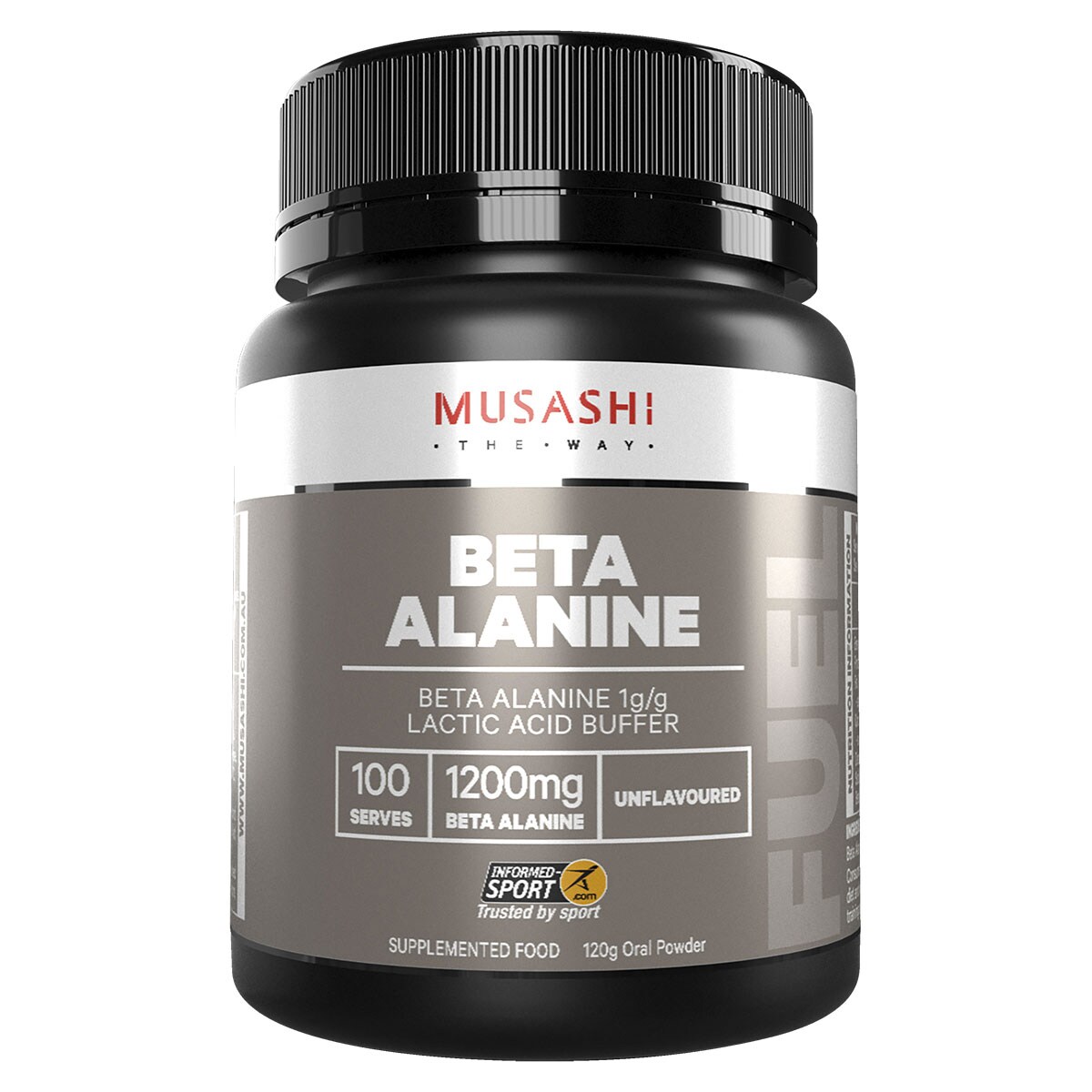Beta-alanine is a non-essential amino acid that has become popular among athletes and fitness enthusiasts for its performance-enhancing properties. Known primarily for its role in increasing muscle carnosine levels, beta-alanine can help buffer acid in muscles, delaying fatigue and improving high-intensity exercise performance. This guide explores what beta-alanine is, how it works, its benefits, dosing strategies, potential side effects, and frequently asked questions.
What Is Beta-Alanine?
Beta-alanine is a naturally occurring non-proteinogenic amino acid—not used directly in protein synthesis—that serves as the rate-limiting precursor for the synthesis of carnosine in muscle tissue. Carnosine acts as an intracellular buffer, helping to neutralize the acid produced during high-intensity exercise. Unlike other amino acids that are incorporated into proteins, beta-alanine’s primary role is to boost carnosine content, which in turn supports muscle endurance and power output.
How Beta-Alanine Works
Carnosine Synthesis:
- Beta-alanine combines with the amino acid histidine to form carnosine, a dipeptide found predominantly in skeletal muscle.
- Acid-Buffering Capacity: Carnosine buffers hydrogen ions (H⁺) that accumulate during intense exercise, slowing the drop in muscle pH. This buffering delays muscle fatigue and allows for prolonged high-intensity performance.
Enhanced Exercise Performance:
- By reducing the rate at which muscles become acidified, beta-alanine supplementation enables you to sustain exercise intensity for a longer duration. This effect is particularly noticeable during activities like sprinting, weightlifting, and high-intensity interval training (HIIT).
Health and Performance Benefits
1. Improved High-Intensity Exercise Performance
- Delayed Fatigue: Beta-alanine increases muscle carnosine levels, allowing muscles to better buffer lactic acid buildup. This delay in fatigue can lead to improved performance during repeated bouts of high-intensity activity.
- Enhanced Endurance: Athletes may experience improved performance in activities requiring repeated high-intensity efforts or sustained muscular contractions.
2. Increased Training Capacity
- More Repetitions: By extending the time to fatigue, beta-alanine may help you complete additional repetitions or maintain a higher intensity during resistance training.
- Faster Recovery Between Sets: Improved acid buffering can aid in quicker recovery during rest intervals, allowing for more effective training sessions.
3. Potential for Improved Body Composition
- Indirect Benefits: Enhanced performance and the ability to train at higher intensities can contribute to greater calorie expenditure, improved muscle hypertrophy, and favorable changes in body composition over time.
Recommended Dosage and Timing
Dosage Guidelines:
- Loading Phase (Optional): Some protocols recommend an initial loading phase of 4–6 grams per day divided into multiple doses to rapidly elevate muscle carnosine levels.
- Maintenance Phase: A daily dose of 3–5 grams is typically sufficient for maintaining increased carnosine concentrations.
- Duration: Beta-alanine supplementation is most effective when taken consistently for at least 4 weeks, as carnosine accumulation occurs gradually.
Timing:
- Divided Doses: To minimize potential side effects like paraesthesia (a tingling sensation), it is best to divide the daily dosage into smaller servings (e.g., 800–1000 mg per serving) throughout the day.
- With or Without Food: Beta-alanine can be taken with or without food; however, spreading the doses can help reduce the intensity of any tingling sensations.
Potential Side Effects and Considerations
Paraesthesia (Tingling Sensation):
- A common, harmless side effect of beta-alanine supplementation is paraesthesia, a tingling sensation in the skin, typically in the face, neck, or hands. This effect is dose-dependent and can be minimized by dividing the daily dose into smaller servings.
Gastrointestinal Discomfort:
- In some individuals, high doses of beta-alanine may cause mild gastrointestinal discomfort. Gradually increasing the dose can help the body adjust.
Interactions and Safety:
- Beta-alanine is considered safe for healthy individuals when taken at recommended dosages. As always, if you have any pre-existing medical conditions or are taking other supplements/medications, consult a healthcare provider before beginning supplementation.
Frequently Asked Questions (FAQ)
Q1: What is the main benefit of beta-alanine supplementation?
A: Beta-alanine primarily boosts muscle carnosine levels, which helps buffer acid in muscles. This results in delayed fatigue and improved performance during high-intensity exercise.
Q2: How long does it take for beta-alanine to work?
A: It typically takes about 4–8 weeks of consistent supplementation to see significant increases in muscle carnosine levels and noticeable performance improvements.
Q3: What is paraesthesia, and is it dangerous?
A: Paraesthesia is a tingling sensation that some individuals experience when taking beta-alanine. It is a harmless side effect and usually diminishes when the dose is spread out throughout the day.
Q4: Can beta-alanine help with endurance sports?
A: Beta-alanine is most effective for high-intensity, short-duration activities. While its benefits for pure endurance events are less pronounced, it can still help in sports that involve bursts of high-intensity effort or repeated sprints.
Q5: Should beta-alanine be cycled?
A: There is currently no strong evidence suggesting the need to cycle beta-alanine. Consistent daily use at maintenance doses (3–5 grams per day) is typically effective for maintaining muscle carnosine levels.
Final Thoughts
Beta-alanine is a well-researched supplement that can significantly enhance high-intensity exercise performance and delay muscle fatigue by increasing muscle carnosine levels. By integrating beta-alanine into your supplementation routine—with proper dosing strategies to minimize side effects—you can improve your training capacity, boost workout performance, and potentially enhance your overall fitness results.
As with any supplement, individual responses may vary. Consider your training goals, overall diet, and potential sensitivities when incorporating beta-alanine, and consult with a healthcare provider or sports nutrition expert if you have any concerns or questions.
Disclaimer: This article is intended for informational purposes only and does not replace professional medical advice. Always consult with a healthcare provider before starting any new supplement regimen or making significant changes to your diet or training program.





